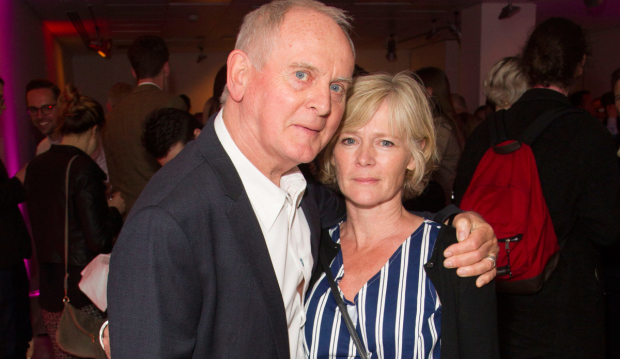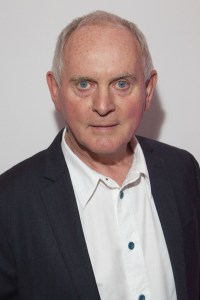Howard Davies always managed to convey the complexity of life
Sarah Crompton pays tribute to the director Howard Davies, who has died at the age of 71

© Dan Wooller for WhatsOnStage
I never met the theatre director Howard Davies, but his productions blazed so strongly with his searching compassion that I feel I knew him and so feel obscurely saddened by his death, of cancer, at the relatively early age of 71.
I’d realised he was ill when I went to see his recent production of Sean O’Casey’s The Plough and the Stars at the Lyttelton and asked why it had been co-directed by Jeremy Herrin, who took over when Davies fell ill. The revival, which has just finished its run, had all the qualities I associated with him; a care with the words and the characters and an overriding sense of the complexity of life that he somehow always managed to convey.
He brought lost classics to life without losing his respect for their essence
The National Theatre’s director Rufus Norris said in tribute today: "His gaze and focus were unswerving but his twinkling humour sat on the shoulder of his fierce intellect." That’s exactly what his productions felt like. Nicholas Hytner added to the spontaneous outpouring of love and affection: "He unlocked wild and contradictory passions in everything he did, and would describe a play not in terms of his concept, but of its humanity."
It was this essential humanity that I think all his work conveyed. His hand was behind many of the productions of American classics that I most treasure: a riveting The Iceman Cometh at the Old Vic, an unforgettable Mourning Becomes Electra at the National, and a devastating All My Sons in the same venue.
He had the remarkable ability to put an entire society on stage
But he also introduced me to entire new worlds; my understanding of Russian culture was infinitely enhanced by his sensitive and naturalistic productions of works such as Maxim Gorky’s Philistines and Mikhail Bulgakov’s The White Guard. He had the remarkable ability to put an entire society on stage, making it both comic and deeply moving – never compromising the play’s vision by imposing his own.
I think this is what made him such a great director. We are, at the moment, engaged in many complicated conversations about the future of theatre, and how much a director should interfere with a text in order to make it speak to today. My instinct, on the whole, is on the side of innovation.
But what I loved about Davies, and what I hope will be his legacy, is that he somehow found a way to have his cake and eat it: he brought lost classics to life without ever losing his respect for their essence; he treated new work as if it were classic. He loved plays, and respected writers and actors. His quality of empathy shone through in every production he had anything to do with. He will be much, much missed.













